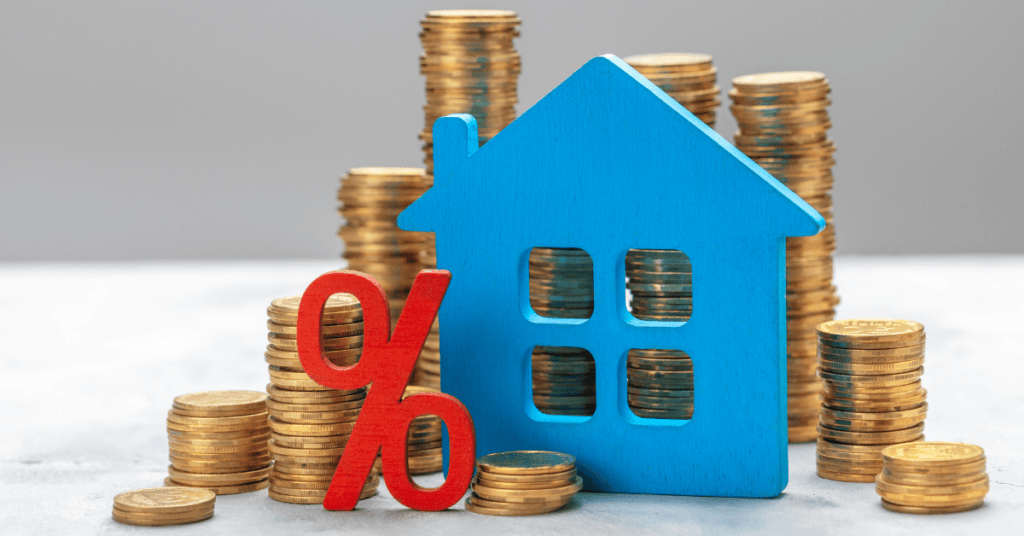Get Expert Financing
- Matched with investor-friendly lenders
- Fast pre-approvals-no W2s required
- Financing options fro rentals, BRRRR, STRs
- Scale your portfolio with confidence
For many homeowners, building equity is one of the biggest financial milestones. But simply letting that equity sit unused can be a missed opportunity. If your home’s value has appreciated significantly, or if you’ve paid down a substantial portion of your mortgage, you might be sitting on a valuable asset that could be working harder for you. The key is to reinvest your home equity in ways that generate returns higher than your current mortgage rate, helping you build wealth faster.
Before you make any decisions, it’s essential to weigh the risks, understand the costs, and choose the right investment vehicle. Let’s explore some of the best ways to reinvest your home equity for potentially higher returns.
A cash-out refinance allows you to replace your current mortgage with a new, larger one, giving you access to a portion of your home’s equity as cash. You can then use this cash to invest in higher-yield opportunities, such as real estate, stock market portfolios, or even starting a business.
Benefits:
Considerations:
Explore cash-out refinance options here
A HELOC works like a credit card, allowing you to borrow against your home’s equity as needed. This is an excellent option if you want ongoing access to funds for multiple investments or projects.
Benefits:
Considerations:
Real estate is one of the most popular ways to build wealth, offering the potential for long-term appreciation and passive rental income. You can use your home equity to purchase rental properties, short-term vacation rentals, or even commercial real estate.
Benefits:
Considerations:
Learn about DSCR loans for real estate investors
If you prefer a more hands-off approach, consider investing your home equity in a diversified stock portfolio, mutual funds, or exchange-traded funds (ETFs). Historically, the stock market has provided strong long-term returns.
Benefits:
Considerations:
For the entrepreneurial-minded, using home equity to start or expand a business can be a high-reward strategy. This approach carries more risk but can offer unmatched financial freedom if successful.
Benefits:
Considerations:
It can be if the returns on your investment exceed the cost of borrowing, but it also carries risk. Make sure to have a solid financial plan and backup strategy.
A cash-out refinance replaces your existing mortgage, while a HELOC is a revolving line of credit secured by your home’s equity.
Most lenders require at least 20% equity to qualify for a cash-out refinance or HELOC.
Our advice is based on experience in the mortgage industry and we are dedicated to helping you achieve your goal of owning a home. We may receive compensation from partner banks when you view mortgage rates listed on our website.

